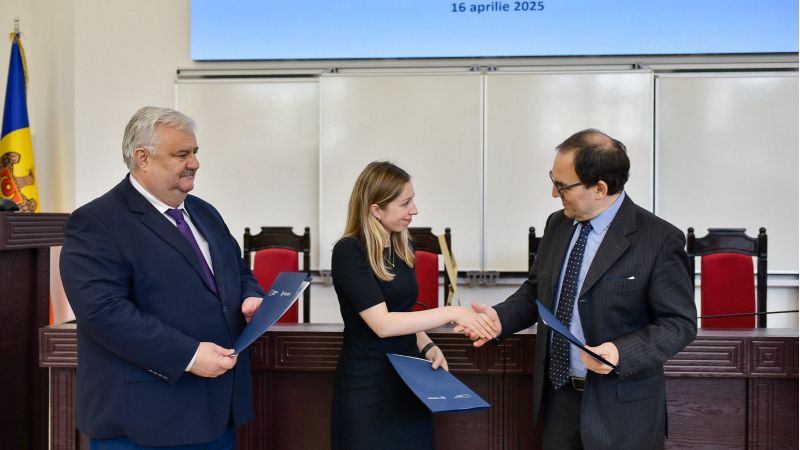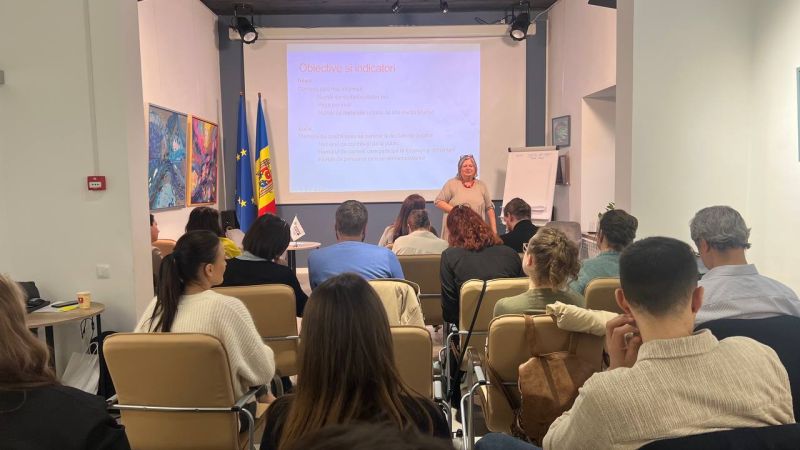
IT training for Cahul residents with the EU support
IT jobs are increasingly in demand in the labor market. Whether we are talking about programmers or developers of applications and online trading platforms, everyday hundreds of ads can be seen on employment sites in Moldova. IT career provides many advantages: attractive salaries, corporate benefit packages, innovative technologies, stable jobs, etc. In support of the community in the south of the country, “EU4Moldova: Startup City Cahul” has launched several IT training courses, which can be joined by both young people willing to acquire more skills and those who want to retrain, regardless of their professional area. Dozens of young people are expected to participate in the first edition of the project.
Participants have two options:
- Those who want to know more about creating web pages, optimizing, setting up and maintaining websites, setting up the domain name, can sign up for the “Landing Page Creation” course.
- For those who want to use digital technologies safely, responsibly and usefully, the course “Digital Skill Development” has been launched. Being designed on the basis of the digital skill development modules “DigComp” (supported by the EU institutions), the training programme makes possible interaction and collaboration through digital technologies: intelligent use of the operating system, editing electronic documents, securing personal data or managing technical issues.
“EU4Moldova: Startup City Cahul” addresses the sustainable socio-economic development of the southern region and supports economic development through innovation, entrepreneurship, employment for businesses from outside the capital, while providing education opportunities for young people, women and girls, etc. Along with the development of “EU4Innovation Centre” – Centre of ICT Excellence – the project aims to increase the attractiveness of the region and economic development through innovations, aiming to contribute in the coming years to increasing the salary level (average salary in the region) by at least 15%, as well as developing the local IT sector, which should account for at least 5% of the national one in the next 3 years.








